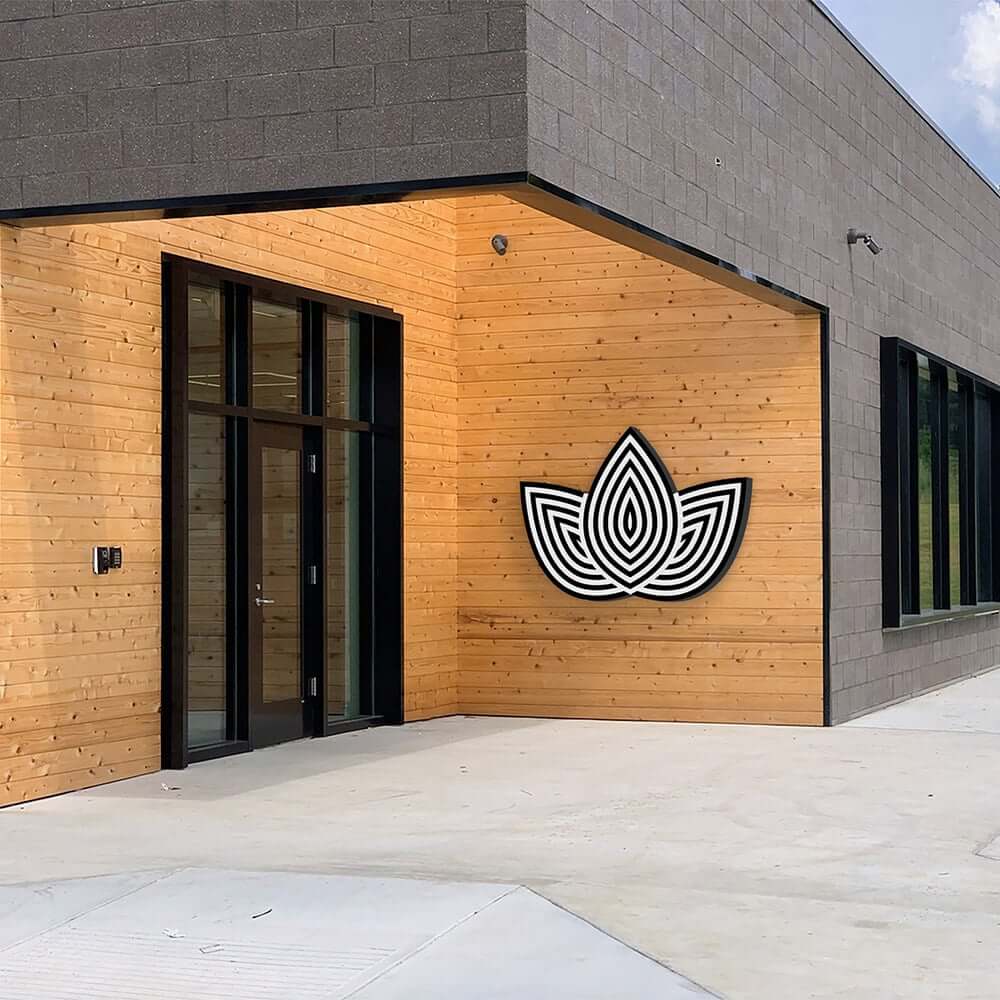Zen Leaf Massachusetts
Find a Zen Leaf location in Massachusetts and discover local state resources for medical and adult recreational users in the state.
Resources for Medical Marijuana Patients and Recreational Users in Massachusetts
Cannabis laws are rapidly developing and changing, including the 2016 legalization of recreational marijuana in Massachusetts. Here is an up-to-date summary of some of the top cannabis concerns within the state.
FAQs for Medical Marijuana Patients and Recreational Users in Massachusetts
Do you want to learn more about the medicinal and recreational use of cannabis in Massachusetts? We’ve compiled some fundamental information, including several important answers to frequently asked questions.
New Massachusetts Medical Patients
How Do I Get a Medical Marijuana Card in Massachusetts?
To receive a medical marijuana card in the state, you’ll first need to be diagnosed with a qualifying condition or illness. According to the Act for the Humanitarian Medical Use of Marijuana, state residents must possess a “debilitating medical condition” to receive a medical marijuana card. Qualifying conditions include cancer, HIV/AIDS, Crohn’s disease, hepatitis C, glaucoma, amyotrophic lateral sclerosis, Parkinson’s disease, multiple sclerosis, as well as other conditions, as determined by the patient’s physician.
If you qualify, you’ll need to first seek out a doctor, nurse, or physician’s assistant registered with the Massachusetts Medical Use of Marijuana Program. This health care provider will perform an exam to determine whether medical marijuana is a suitable treatment. If they determine that you do indeed qualify, they’ll give you a PIN, which you’ll use to register on the Massachusetts Medical Use of Marijuana Program site.
In your application, you will need to include a government-issued ID, as well as a recent photograph.
Where Do I Apply for a Medical Marijuana Registry Identification Card in Massachusetts?
You’ll need to visit the Massachusetts Medical Use of Marijuana Program site after you’ve received a PIN from a qualified healthcare provider.
Discover your Zen!
Sign up for the Zen Leaf Newsletter for Updates, Discounts and Other News!
